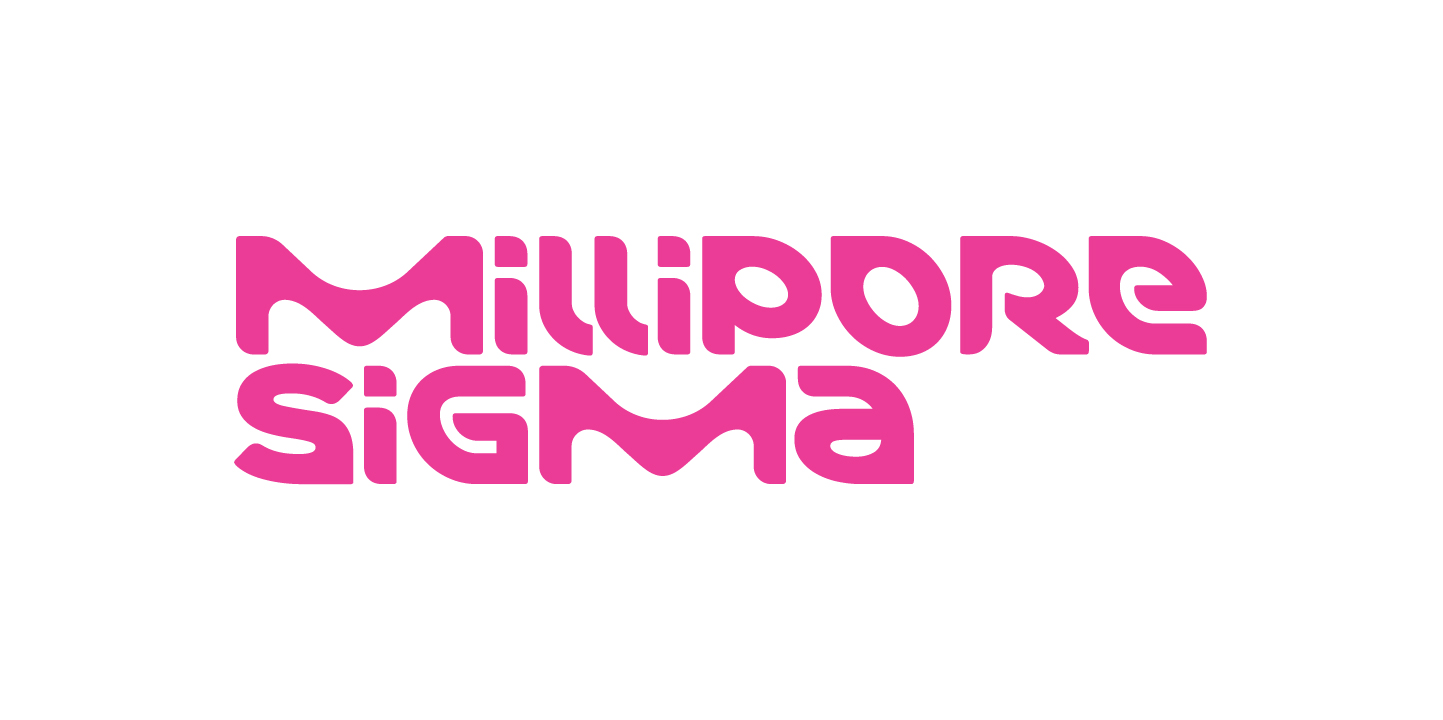MilliporeSigma Centers Work Toward a Smaller Carbon Footprint in India

India is the third-largest emitter of carbon dioxide (CO2) in the world, accounting for 6.8 percent of global CO2 emissions. At the 2015 United Nations Convention on Climate Change, India signed the Paris Agreement and committed to reducing CO2 emissions 35 percent by 2030 compared to 2005 emission levels. Since then, the Indian government has introduced emissions control measures for power plants and tighter vehicular emission standards, while calling on businesses to reduce emissions.
Merck KGaA, Darmstadt, Germany’s EDISON program was introduced in 2009 to address energy consumption and process emissions, with the goal of reducing greenhouse gas emissions 20 percent by 2020 compared to 2006. This is a challenging task considering organic business growth demands increased volume from manufacturing operations. Through the EDISON program, Merck KGaA, Darmstadt, Germany invests approximately €10 million annually into existing facilities to reduce emissions and work toward this goal.
In Bangalore, India, MilliporeSigma’s centers have been making great progress—improving sustainability performance while hedging operating costs.i Here’s a look at some recent successes.
EDISON Program Solar Projects
At the Bangalore, Jigani and Bangalore, Peenya centers, MilliporeSigma recently installed the largest solar power facilities at the company to-date. Phase one involved installing a 400kW solar photovoltaic system on the warehouse roof. Phase two of the Bangalore, Jigani project will add an additional 200kW of solar panels to the roofs of other buildings onsite, and is set to be completed by the end of 2017. Combined, both phases will cost €542k—offering €101k in annual savings and yielding a five-year payback. The Jigani solar panels are expected to generate 900,000kWh of electricity annually—equal to 30 percent of the site’s electricity needs—and reduce emissions by 833 metric tons.
At MilliporeSigma’s Bangalore, Peenya center, the company recently completed a large 300kW solar power installation of its own. This system will generate 365,000kWh per year and reduce emissions by 337 metric tons annually while providing 30 percent of the site’s electricity needs. The system will cost €233k and is expected to save €36k/year—yielding a six-year payback.
Peenya Site Receives LEED Gold Certification
Leadership in Energy and Environmental Design (LEED) is the most widely used green building rating system in the world. MilliporeSigma takes this globally recognized symbol of sustainability achievement into consideration when constructing or renovating facilities.
In August 2017, MilliporeSigma received notification from the India Green Building Council (IGBC) that its Bangalore, Peenya center had earned LEED Gold certification—the second-highest level of certification available by the IGBC.
Design elements that contributed to the Peenya center’s LEED Gold certification include:
- Close proximity to public transportation and incorporation of secure bicycle storage and shower facilities.
- 35 percent reduction in water consumption through low-flow fixtures.
- 42 percent reduction in energy consumption compared to ASHRAE 90.1-2007 baseline, part of which is due to solar panel installation as well as high-efficiency lighting, HVAC and weatherization.
- 66 percent of the total value of materials used were extracted or manufactured within 400km of the project site.
- Increased fresh air ventilation 30 percent above ASHRAE 62.1 requirements and use of low volatile organic compound (VOC) materials.
About the Bangalore, Peenya Site
Peenya is located in the North of Bangalore. Production activity began here in 1988 with the new LEED Gold certified facility built in 2015. Peenya is a hub for worldwide hardware operations, and includes a ProVantage Lab and MLab both built in the last year. Peenya exports approximately 70 percent of the products manufactured onsite and the balance is supplied to the local India market. This facility manufactures Standard Tangential Flow Filtration Systems, Chromatography Systems, RCS Air Samplers, Muse Cytometry Systems and other light assemblies. Peenya also has an in-house engineering team who designs custom systems for both domestic sales and export. The Peenya site is certified for ISO 9001:2015, ISO 14001, ISO 13485 and OHSAS 18001.
About the Bangalore, Jigani Site
Jigani is located in the South of Bangalore. Production activity started here in 2003 with the new distribution centre built in 2012. Jigani produces (synthesizes and packs down) 5 percent of the materials on the Sigma-Aldrich catalogue.Its R&D centre provides custom synthesis services for both intercompany and third-party customers. The warehouse operations manages over 200,000 SKUs. Jigani is certified for ISO 9001:2015, ISO 14001 and OHSAS 18001.
iThe Life Science business of Merck KGaA, Darmstadt, Germany operates as MilliporeSigma

